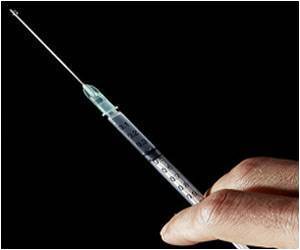To explore the link between this common drink and liver cancer, researchers analyzed data from 90,504 postmenopausal women who participated in the Women’s Health Initiative, a long-term study launched in the early 1990s.
Participants completed baseline questionnaires in the mid-1990s and were tracked for a median of 18 years. Researchers assessed sugar-sweetened beverage intake based on validated food frequency questionnaires and confirmed liver cancer diagnoses using participants’ medical records.
Advertisement
About 7% of participants reported consuming one or more 12-ounce servings of sugar-sweetened beverages per day and a total of 205 women developed liver cancer.
Women consuming one or more sugar-sweetened beverages daily were 78% more likely to develop liver cancer and those consuming at least one soft drink per day were 73% more likely to develop liver cancer compared with those who never consumed these beverages or consumed less than three servings per month.
“Our findings suggest sugar-sweetened beverage consumption is a potentially modifiable risk factor for liver cancer,” said Longgang Zhao, a doctoral candidate at the University of South Carolina, the study’s lead author.
How Does Sugar Affect The Liver?
Although more studies would be needed to determine the factors and mechanisms behind the linkage, researchers said that higher sugar-sweetened beverage consumption might increase the risk of obesity and type 2 diabetes, which are in turn risk factors for liver cancer.
These beverages also can contribute to insulin resistance and to the buildup of fat in the liver, both of which influence liver health.
They also cautioned that the study is observational and was not designed to determine whether sugar-sweetened beverages cause liver cancer or if consumption of sugar-sweetened beverages is an indicator of other lifestyle factors that lead to liver cancer.
In addition, since the study focused on postmenopausal women, studies involving men and younger women are needed to examine the associations more comprehensively.
Source: Medindia



